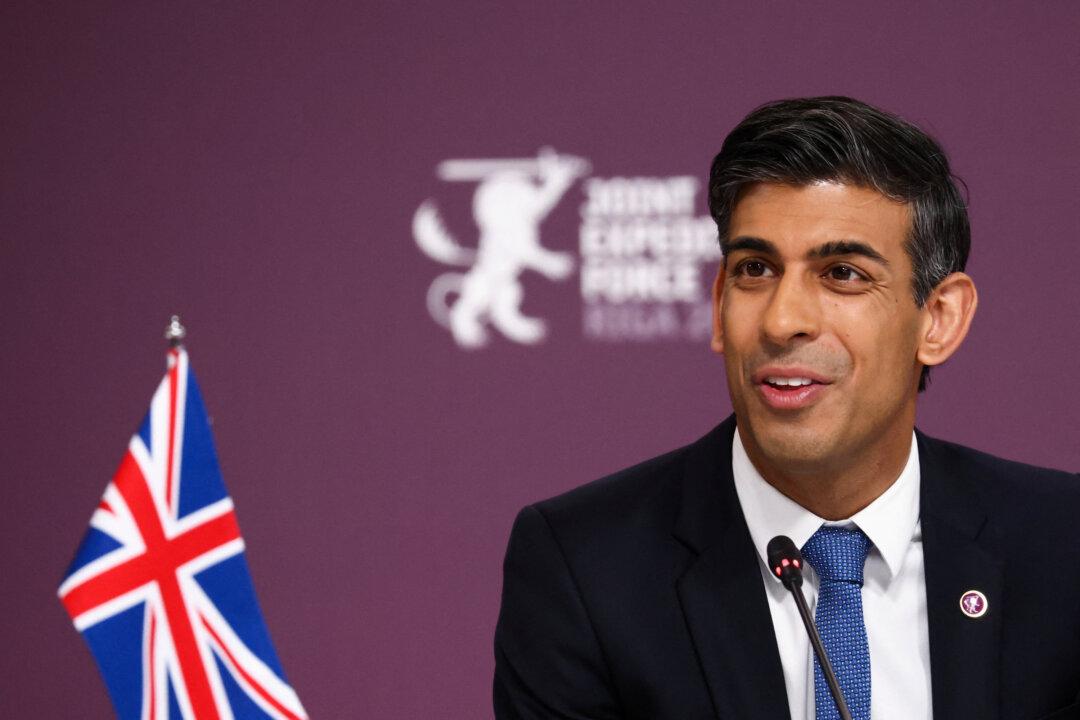Prime Minister Rishi Sunak is holding an emergency meeting on Saturday with health leaders in a bid to ease the winter pressure on the National Health Service (NHS).
Downing Street said Sunak would use the ad-hoc NHS Recovery Forum to find ways to improve the performance and outcomes across the health service, focusing on four key issues including social care and delayed discharge, urgent and emergency care, elective care, and primary care.





